Which Oils Are Best and Healthiest To Use?

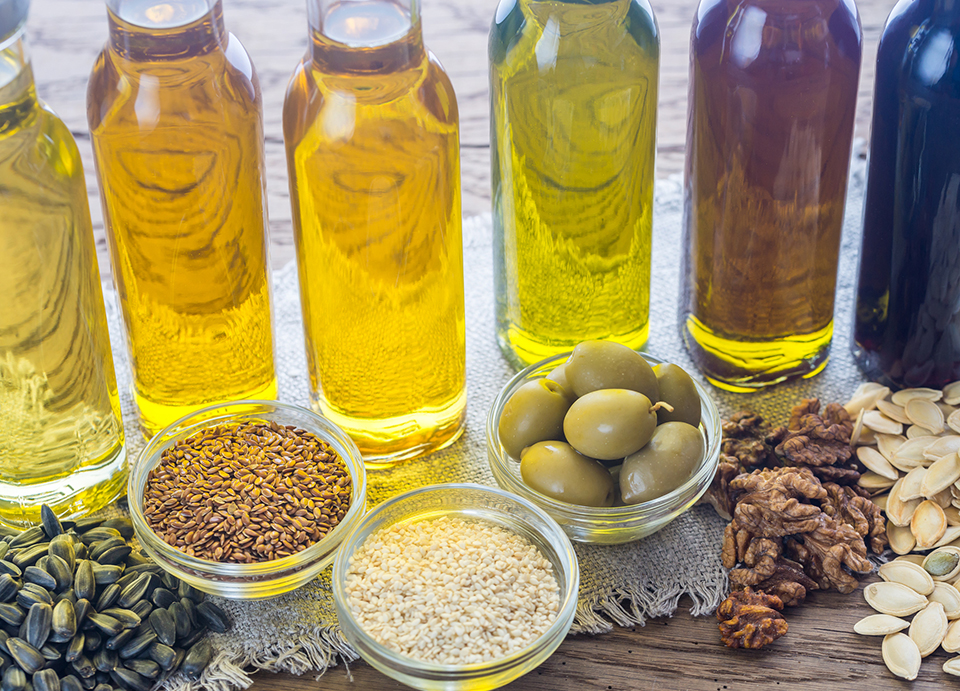
At the grocery store, there are aisles and aisles full of oils. How do you know which is best to use? Which ones are the healthiest?
A variety of oils are popular in different parts of the world and, depending on whether you are sautéing or making a marinade, it is good to know what works best for your meals and is best for your health as well. Here’s the FoodTrients® breakdown for the best, healthiest oil to choose and when.
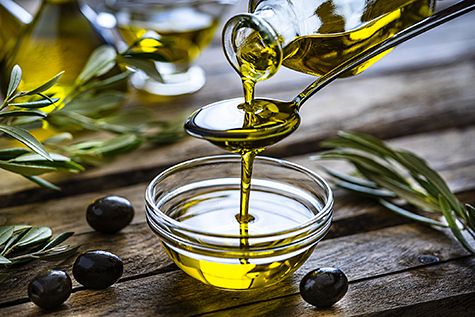 Health Benefits of Oils
Health Benefits of Oils
Oils and dietary fats are essential to the function of all cells and to be able to absorb fat-soluble vitamins A, D, E and K. Fats assist in regulating hormones, keeping skin soft and supple, and satiety (or feeling full after eating).
Fatty acids are broken down into three categories: Monounsaturated, Polyunsaturated, and Saturated Fats. Here’s more information about each:
Monounsaturated Fats (MUFA)
Found in olives/olive oil, almonds/almond oil, avocados/avocado oil, peanuts/peanut oil, and safflower oil.
Health benefits
Shown to help lower risk of heart disease, decrease chronic inflammation, and even reduce bad/LDL cholesterol in the blood.
Cooking tips
Generally MUFAs are used for lighter heat cooking such as sauteing, stir-frying, and creating dressings or sauces. Many of these oils typically don’t have a high smoke point – the temperature at which the oil starts to smoke – so they’re more fragile and also very flavorful. Avocado, peanut, and safflower oil are better for higher heat cooking in this category. Many of these oils contain antioxidants.
Polyunsaturated Fats (PUFA)
Found in plant-based oils such as soybean, corn, sesame and sunflower oils, and tofu, flaxseeds, walnuts, and fatty fish.
Health benefits
Contain omega-3’s and vitamin E, which both have anti-inflammatory properties. Omega-3 fats are considered essential fats that you need to get through food since the body doesn’t produce them on its own.
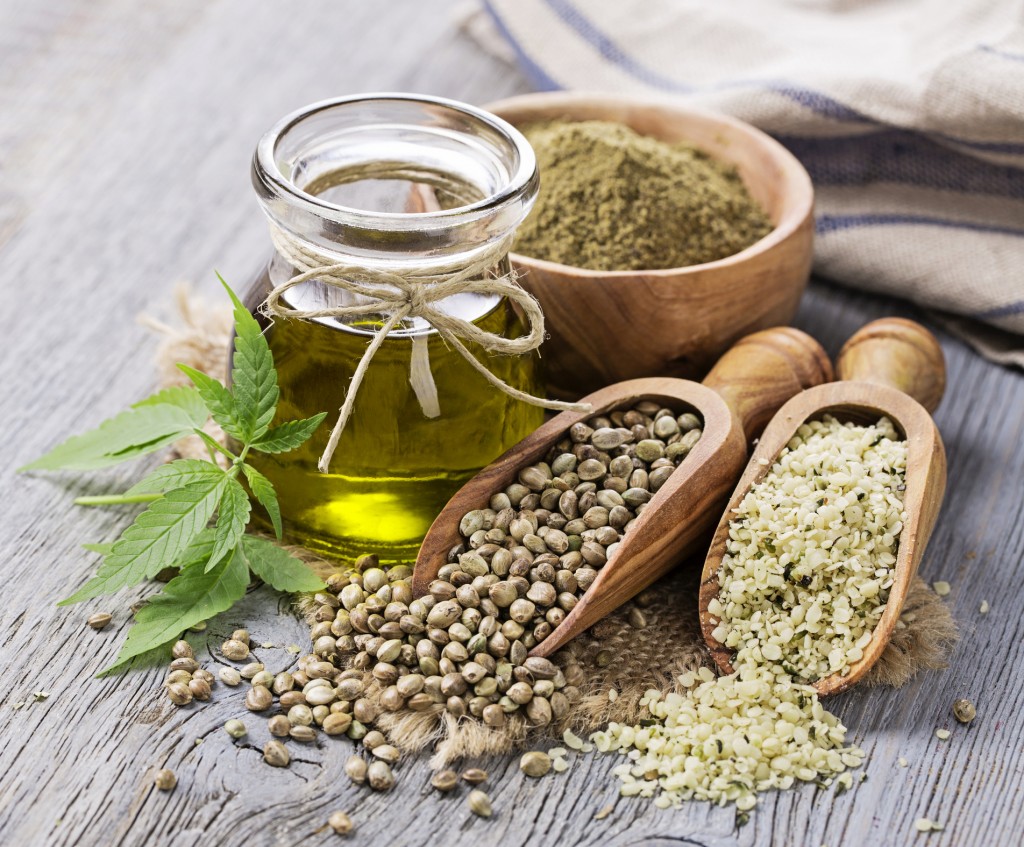 Cooking tips
Cooking tips
Fats like soybean, corn, and sunflower have higher smoke points and can be used for higher heat cooking or baking. They also have a very mild flavor so they don’t impart their own flavor into food like many MUFAs. Use them for cooking but also for making sauces, salad dressings, and light sautéing when you want a neutral flavor.
Flax or walnut oil or omega-3 fish oils should not be heated at all as they have a very low smoke-point. These are more fragile oils that are best for drizzling over dishes or for making dressings for veggies.
Saturated Fats
Found in tropical oils such as coconut oil and palm oil, and foods such as full-fat dairy products, eggs, and red meat.
Health benefits
The recommendation for saturated fat is not “zero” but they should be limited due to the link between consumption and heart disease. The American Heart Association recommends limiting intake of saturated fats to 5-6% of calories per day, which is about 13 grams. High amounts can raise bad/LDL cholesterol in the blood and increase risk for heart disease.
Cooking tips
These contain very high smoke points, so they can be used in baking or medium to high-heat sauteing or stir-frying.
A Quick Overview of Common Culinary Oils:
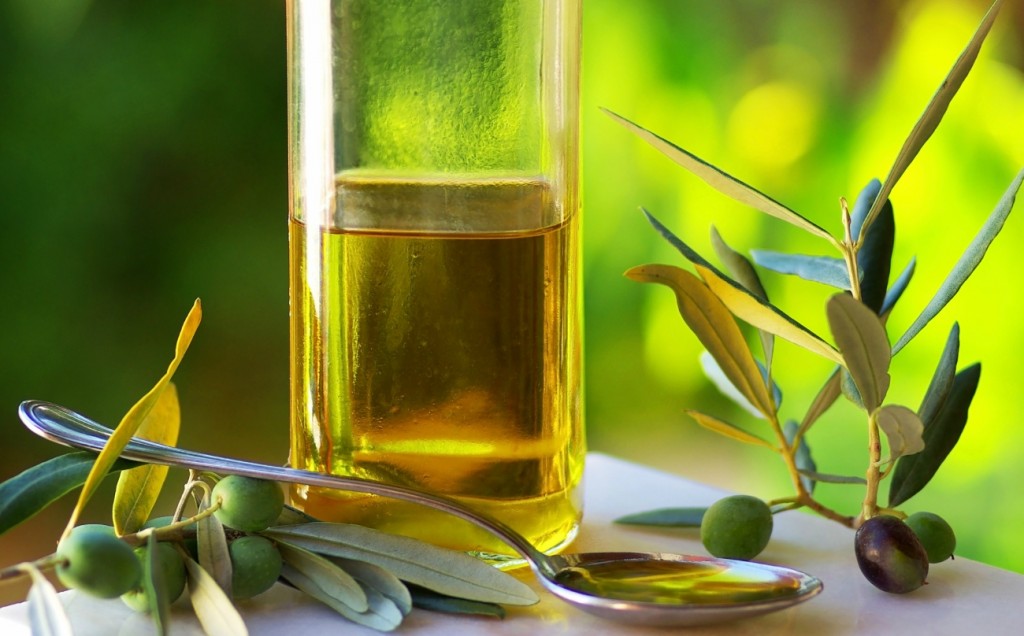 Lower heat plant-based oils:
Lower heat plant-based oils:
- Olive oil/ Extra Virgin Olive Oil
- Grapeseed Oil
Best for:
- Drizzling on dishes for flavor
- Cooking in light to moderate heat (sauteing, stir-frying)
- Sauces/salad dressing
Higher heat plant-based oils:
- Clarified butter/Ghee
- Corn Oil/Vegetable Oil
- Palm Oil /Coconut Oil
- Sunflower Oil
Best for:
- Neutral flavor
- Cooking in moderate to high heat (stir-frying, baking, frying)
Notable culinary oils to include in the diet from these categories:
Olive oil: a key part of the Mediterranean Diet which typically includes a high intake of fruits, vegetables, whole grains, beans, fish, and unsaturated fats (e.g., avocado, olives, and olive oil).
Clarified butter or ghee: most commonly used in Indian and Middle Eastern recipes, the milk solids and water content are removed from ghee so it can tolerate high heat. This is a great option for frying eggs or creating creamy sauces over heat.
No heat plant-based oils
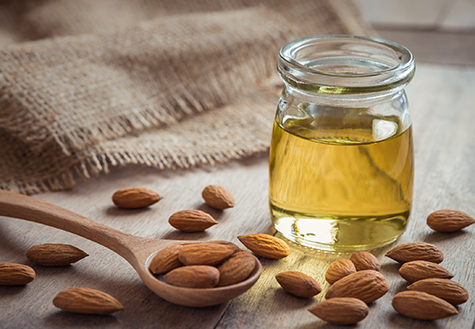 Nut and seed oils:
Nut and seed oils:
- Almond Oil
- Flaxseed Oil
- Peanut Oil
- Pumpkin seed Oil
- Sesame Oil
- Walnut Oil
Best for:
- Drizzling or cold dishes (almond, pumpkin, flax, and walnut impart a nice, light flavor and shouldn’t be heated)
- Sauces and salad dressing
- Peanut and sesame oil can tolerate heat cooking and have pleasant, nutty flavors that work well in stir-frys or sauteed dishes.
Make your own spread with healthy oils:
Many store-bought sauces are all packed full of sugar and additives. When you make your own, you have a lot more control and you can adjust as needed to suit your taste.
If you’ve never had homemade mayonnaise, this is a real treat. Even my friends who say they HATE mayonnaise love this one.
I’ve been making mayonnaise at home since I was a little girl. My mother knew that homemade mayonnaise made with high-quality oil like walnut or extra virgin olive oil and free-range chicken eggs tastes better than ready-made. Try flavoring your mayonnaise with 1–2 tsp. turmeric, fresh dill, pickle relish, or hot sauce for fun variations.
Here is a homemade mayonnaise recipe, perfect for burgers, as a dressing, and even in baking:
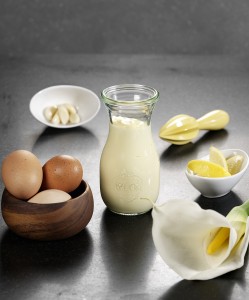 Mom’s Mayonnaise
Mom’s Mayonnaise
Yields 1 cup
Ingredients
2–3 egg yolks (consider omega-3-enriched)
½ cup extra virgin olive oil
1 Tbs. fresh lemon juice
1 tsp. minced garlic
½ tsp. salt
Instructions
- In a food processor or blender, mix the egg yolks on low speed for 2 minutes.
- With the food processor or blender still running, add the oil gradually by the spoonful.
- Once you have a thick, creamy mixture, add the lemon juice, garlic, and salt. Stop processing and transfer to a glass jar. Refrigerate for about an hour before use.
References
Dietary Fats. American Heart Association. https://www.heart.org/en/healthy-living/healthy-eating/eat-smart/fats/dietary-fats. Reviewed Jan 12, 2021. Accessed Dec 1, 2022